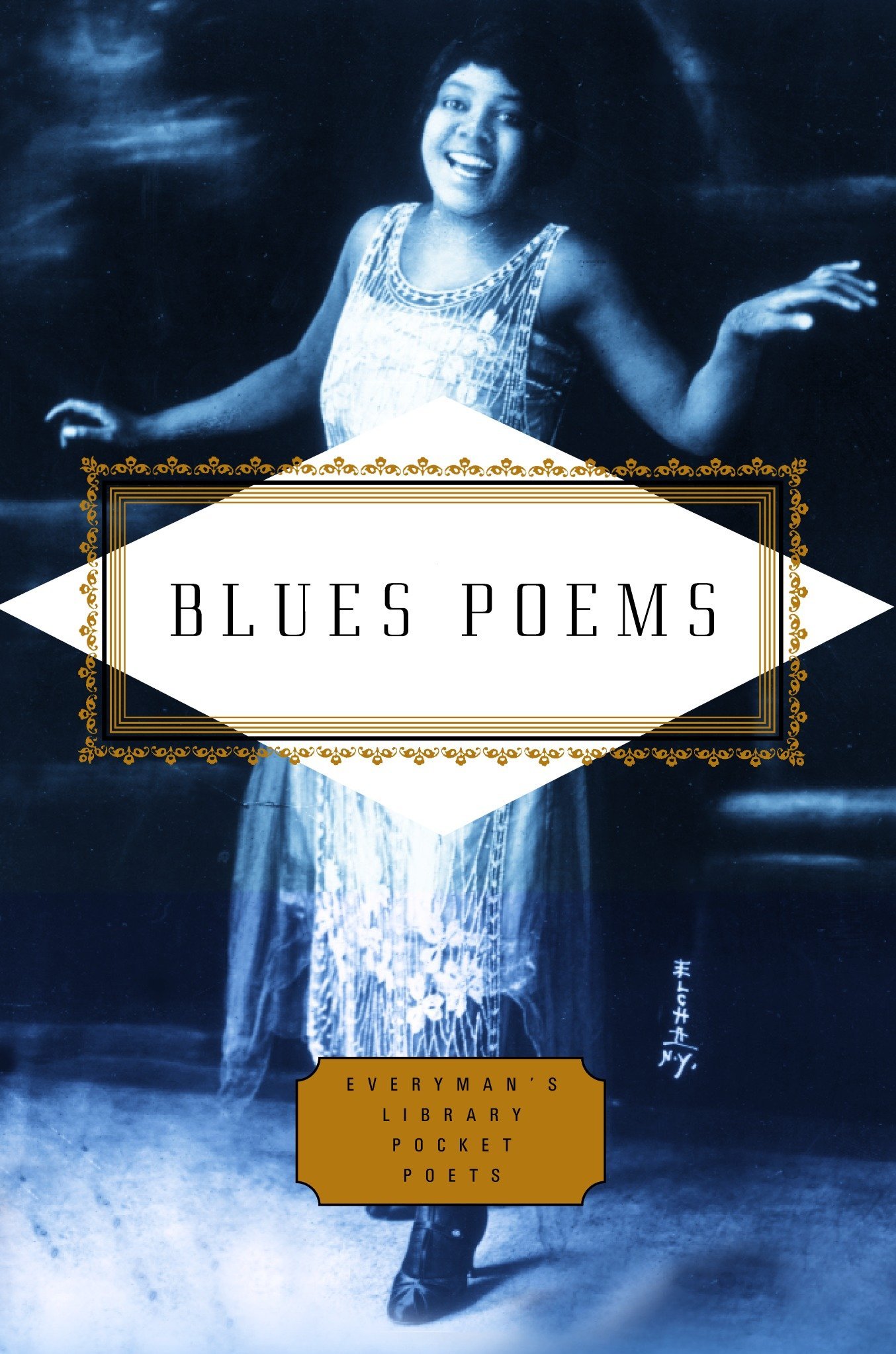

The parade is coming all night, blowing up dust in the crossroads, churning with music, mad for music, swearing "I Would Die 4 U," grinning just a little so the initiated will feel the love burning like Jimi's guitar at Monterey.

Sitting on that float decorated with bombed churches and flogged backs, baseball bats and basketballs, Fishbone records and railroad tracks, are Lead Belly and Howlin' Wolf playing dusty blues for Big Pun. Especially one with such good music - the poems in "Brown" dance through bebop and into James Brown's megafunk. KEVIN YOUNG'S NECESSARY new book of witness creates a parade through time, and I love a parade. A testament to Young's own-and our collective-experience, Brown offers beautiful, sustained harmonies from a poet whose wisdom deepens with time"- more These twenty-eight taut poems and poetic sequences, including an oratorio based on Mississippi "barkeep, activist, waiter" Booker Wright that was performed at Carnegie Hall and the vibrant sonnet cycle "De La Soul Is Dead," about the days when hip-hop was growing up ("we were black then, not yet / African American"), remind us that blackness and brownness tell an ongoing story. Till's lynching, the poems engage place and the past and their intertwined power.

W., who gave his students "the Sixties / minus Malcolm X, or Watts, / barely a march on Washington"-to "Money Road," a sobering pilgrimage to the site of Emmett. From "History"-A song of Kansas high-school fixture Mr. Divided into "Home Recordings" and "Field Recordings," Brown speaks to the way personal experience is shaped by culture, while culture is forever affected by the personal, recalling a black, Kansas boyhood to comment on our times.


 0 kommentar(er)
0 kommentar(er)
